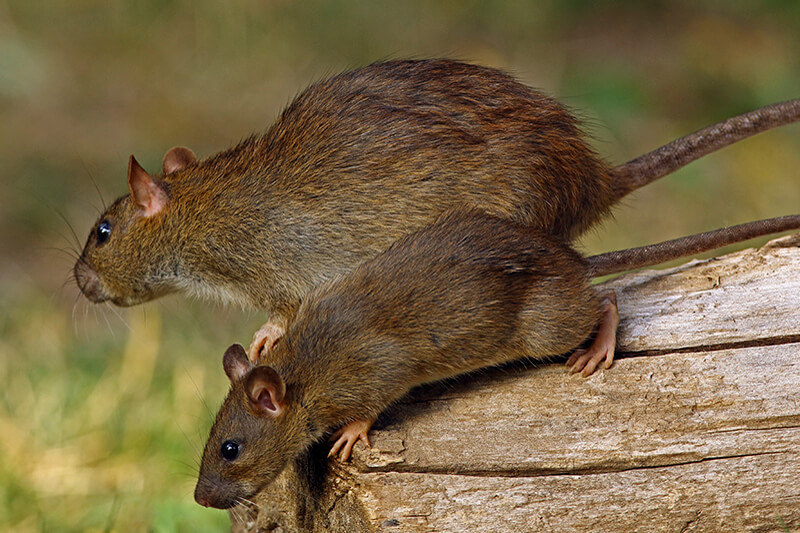The weather in the Northeast shifts drastically as fall ends, bringing the winter season and much colder temperatures to our area. Birds have already migrated to the South, and even some pest insects have moved to warmer areas as winter closes in. Unfortunately, not every pest goes away when the colder weather takes over.
3 Northeast Winter Pests
Rodents
Not all rodents hibernate for the winter. In fact, mice stay active throughout the entire year. They begin their search for shelter during the fall and investigate openings around residences and businesses. If they find a way inside, they’ll build nests behind the walls or in hidden areas like a crawlspace or the attic. These pests carry diseases, so it’s important to keep them out and to treat them at the first sign of an infestation.
Houseflies
Houseflies and gnats continue to annoy people in their homes throughout the winter season. These pests lay eggs in sink drains, litter boxes and trash bins during the summer and the fall. As the eggs hatch, you’ll notice more and more flies seemingly coming out of nowhere. If you don’t locate the source of the infestation, it will get worse as the flies breed over the winter.
Stinkbugs
Stinkbugs are considered overwintering pests. They show up in the fall as they crawl along exterior walls, windows and doors. As the weather cools, they seek shelter in the cracks and crevices between the siding and in other areas around your home. Some stinkbugs make it inside when you open the doors or if they find a gap to crawl through. These pests don’t bite or spread diseases, but they produce a disgusting odor if they’re threatened or crushed.
Preventing Winter Pests in the Northeast
The Northeast winters drives everyone indoors where it’s warm. It also drives pest insects and rodents into homes across our service area. If they invade your space, they could breed throughout the season and cause a problematic infestation by spring. Abarb Pest Services can treat your home for pest infestations and also help to prevent rodents and overwintering insects from invading your living areas as the weather turns colder.
